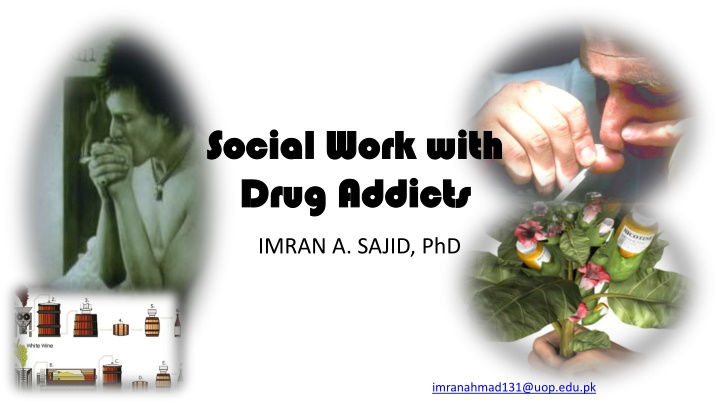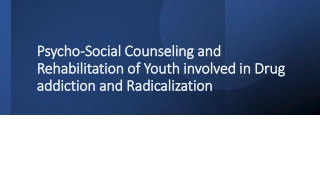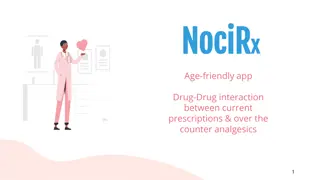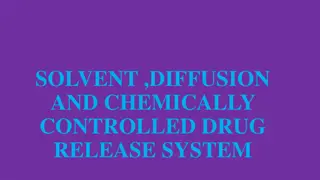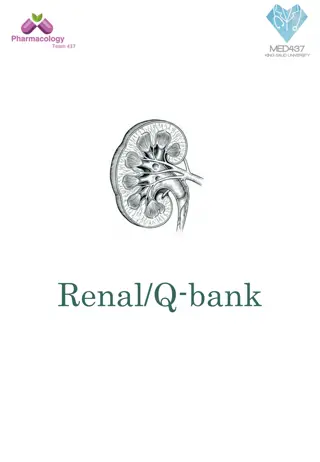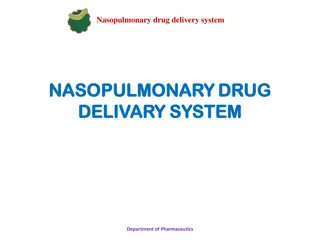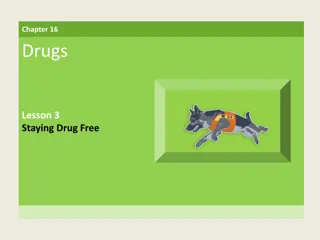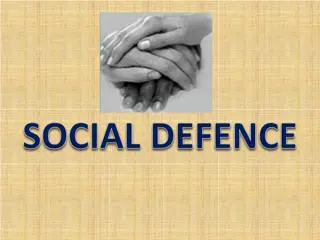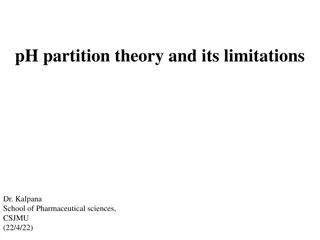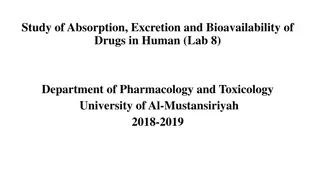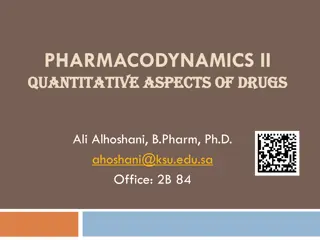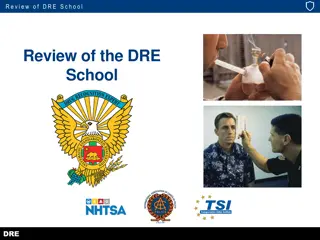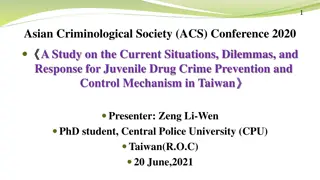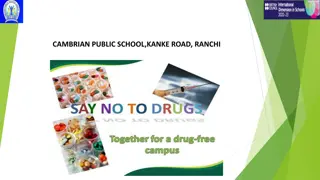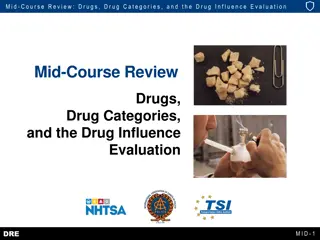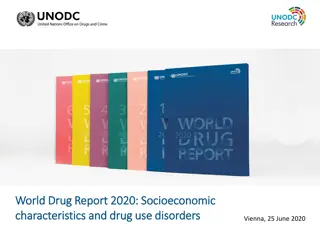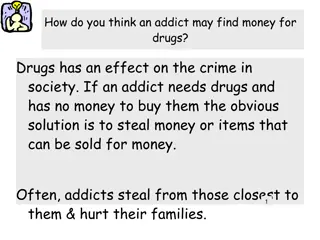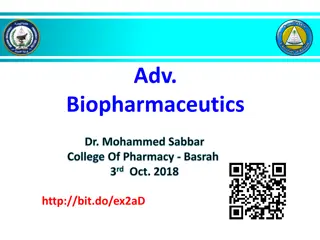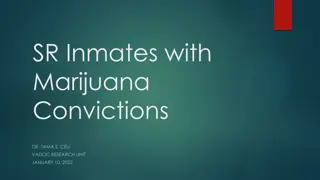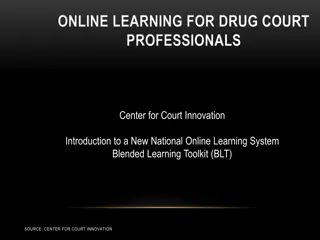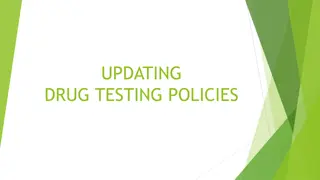Drug Addicts Drug Addicts
Drugs alter bodily functions and can lead to addiction and abuse. Learn about the types of drugs, addiction processes, and the impacts on individuals. Addressing drug addiction is crucial in social work with drug addicts.
Download Presentation

Please find below an Image/Link to download the presentation.
The content on the website is provided AS IS for your information and personal use only. It may not be sold, licensed, or shared on other websites without obtaining consent from the author.If you encounter any issues during the download, it is possible that the publisher has removed the file from their server.
You are allowed to download the files provided on this website for personal or commercial use, subject to the condition that they are used lawfully. All files are the property of their respective owners.
The content on the website is provided AS IS for your information and personal use only. It may not be sold, licensed, or shared on other websites without obtaining consent from the author.
E N D
Presentation Transcript
Social Work with Social Work with Drug Addicts Drug Addicts IMRAN A. SAJID, PhD imranahmad131@uop.edu.pk
What is a Drug? any substance, natural or artificial, other than food, that by its chemical nature alters structure or function in the living organism . A drug is any substance that can be used to modify a chemical process in the body, for example to (i) treat an illness, (ii) relieve a symptom, (iii) enhance a performance or ability, or (iv) to alter states of mind.
The word "drug" is derived from the German word "droog", which means "dry", since in the past, most drugs were dried plant parts.
What is Drug Abuse? 1. The use of a drug for a purpose other than that for which it is normally prescribed or recommended. 2. The use of illegal drugs or the inappropriate use of legal drugs. 3. The repeated use of drugs to produce pleasure, to alleviate stress, or to alter or avoid reality (or all three).
What is Drug Addiction?? 1. The continued compulsive use of drugs in spite of adverse health or social consequences. 2. A behavioral pattern of drug use, characterized by overwhelming involvement with the compulsive use of a drug, the securing of its supply, and a high tendency to relapse after withdrawal.
Three Basic Processes of Drug Addiction 1. Tolerance: reduced effect of a drug after repeated use. Or the need for an increase in the amount of drugs ingested to produce the same effect as before. 2. Physical Dependence: 3. Psychological Dependence
Types of Drugs (aka sedatives) drugs or chemicals that decreases the activity of any bodily function. (barbiturates, Tranquilizers) Depressants any of a group of drugs that excite the central nervous system, increase alertness, and alleviate fatigue. (Caffeine, Cocaine, Crystalline Stimulants drugs that produce marked distortions of the senses and changes in perception. (marijuana, LSD,) Hallucinogens drugs taken to relieve discomfort. (e.g. Aspirin, Ibuprofen, Opium, Narcotics) Pain-Killers
S.N. MAJOR DRUGS Amphetamines CATEGOR Cocaine Y Caffeine Alcoholic Beverages Minor Tobacco --> Nicotine Tranquilizers C Stimulants Khat Benzodiazepines Sleeping Pills Barbiturates Solvents and Gasses GHB/GBH Gammhydroxybutyrate Opiates Natural Derivative of Opium poppy, A Depressants Anabolic Steroids Hallucinogenic Amphetamines Alkyl Nitrites LSD --> Lysergic Acid Diethylamide heroin, morphine, codeine Opoiodis --> Synthetic Drugs with Hallucinogenic Mushrooms B Pain Killers Cannabis/ Marijuana Hallucinoge effects similar to opiates Narcotic Analgesics D Ketamine ns
Types of Addiction 1. Intoxicated Addiction 2. Medicated Addiction
Impacts of Drug Addiction 1. Psychological Impacts 2. Social Impacts 3. Economic Impacts 4. Physiological Impacts
Social work defined Social work is the professional activity of helping individuals, groups, and communities to enhance or restore their capacity for social functioning* and to create societal conditions favourable to their goals. National Association of social workers USA *The ability of a person to interact easily and successfully with other people.
Methods 1. Social Case Work 2. Social Group Work 3. Community Organization 4. Social Welfare Administration 5. Social Policy and Action 6. Social Work Research
Social Work Intervention to Drug Addiction Primary Prevention Awareness Secondary Prevention Treatment Tertiary Prevention Rehabilitation An action that stops something from happening
Primary Prevention Primary prevention in social work means to control the situation before existence of the problem Awareness Education Awareness Education
Secondary Prevention (Treatment) Medication (detoxification) Counseling *advice sought from or given by somebody, especially somebody who is wise or knowledgeabl
Tertiary Prevention Rehabilitation It is the adjustment between the client and his community
Q/A Methods of Social Work Medical Social Work Social Work with Drug Addicts Your Presentations
